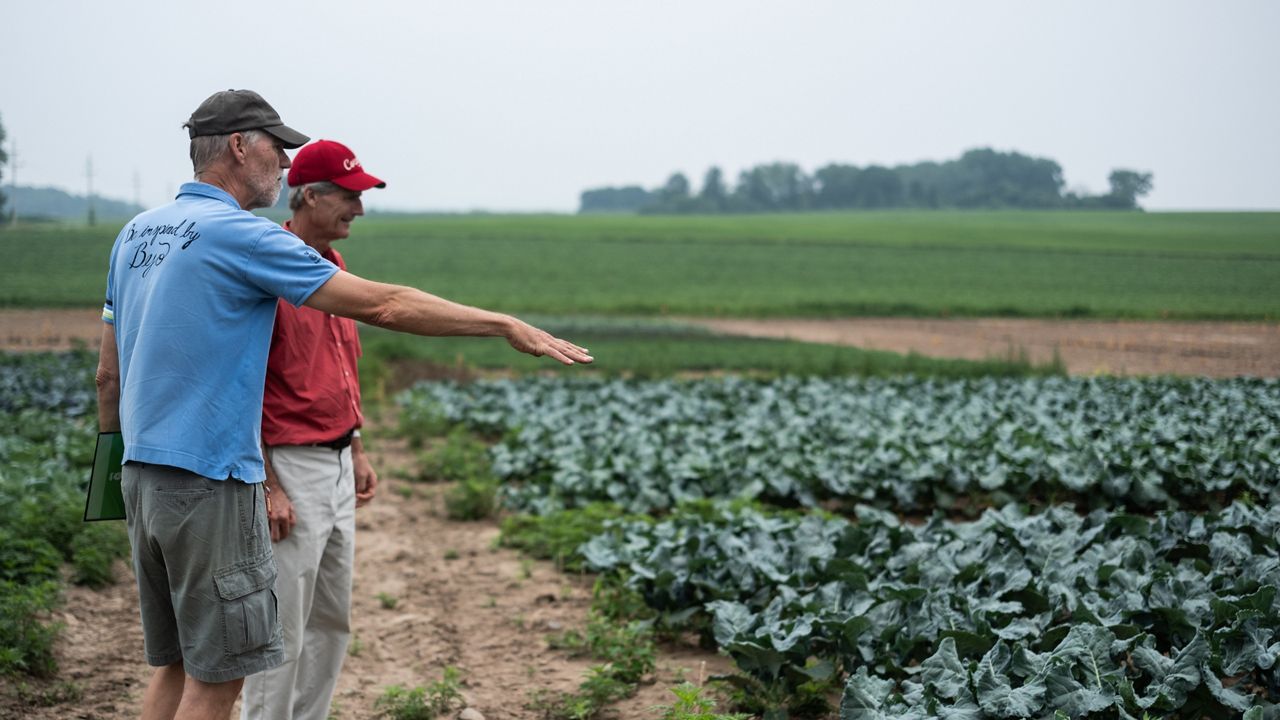A Cornell University professor has spent the past 15 years developing a hybrid variety of broccoli fit to be grown on the East Coast of the United States. This summer, commercial farms have planted it.
“The problem is that it’s really too hot in the summer to grow broccoli on the East Coast,” Thomas Björkman, professor of vegetable crop physiology at Cornell University, said.
Broccoli is originally a winter vegetable from the Mediterranean, Björkman said, and is used to cooler temperatures during the night.
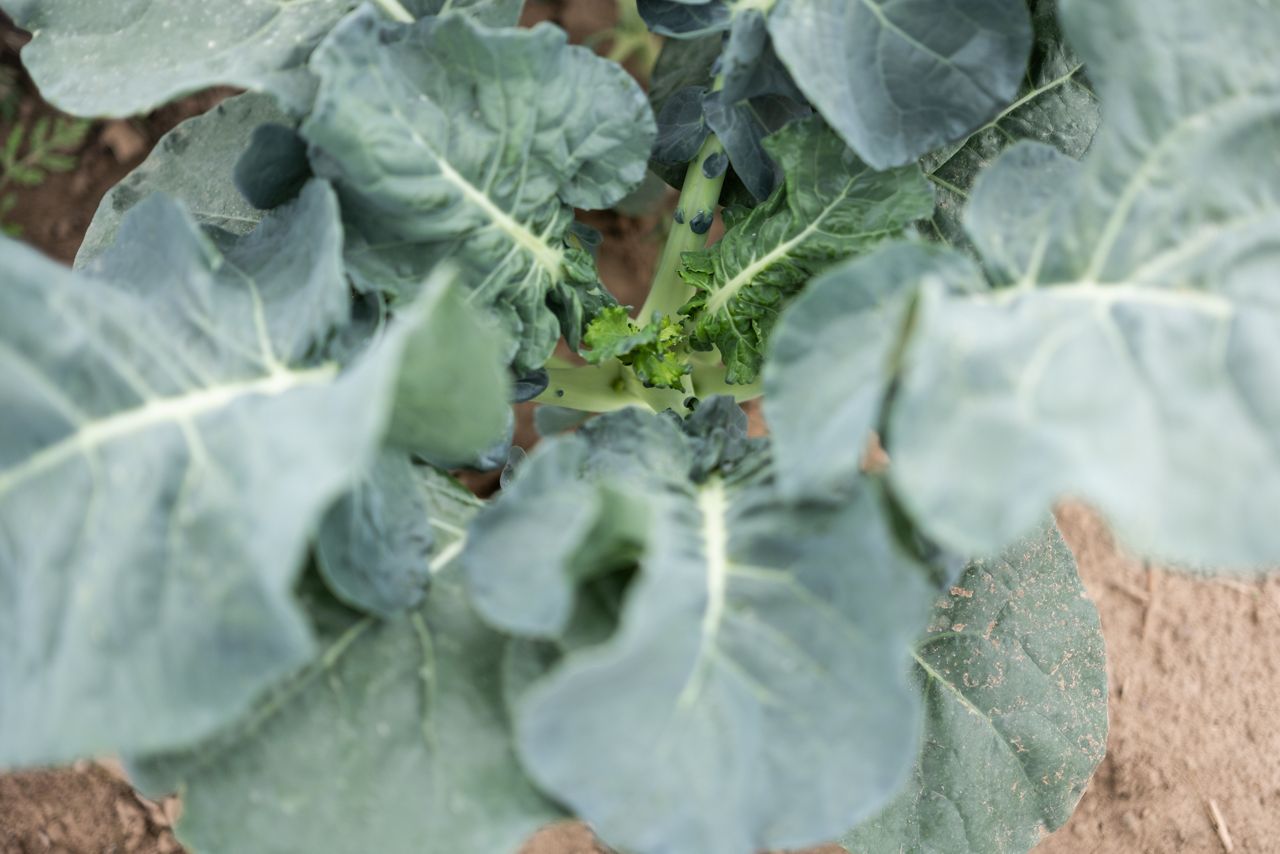
“The nighttime temperatures and the daylight are what told them when to make the heads,” Björkman said. “Right now, we’re getting temperatures in the mid-60s and even high 60s at night and so the broccoli simply doesn’t think it’s winter.”
The plant can’t make the transition to develop a broccoli-like flower bud, so it gets stuck halfway between cauliflower and broccoli, Björkman said.
“The high humidity creates some issues that they don’t have in the Mediterranean or in California, where a lot of the production is now -- and heavy rainfall,” Björkman said. “There’s some other tolerances that have been built in to really make a go of it here.”
The variety was developed by cross breeding other varieties that didn’t do well in other climates, Björkman said.
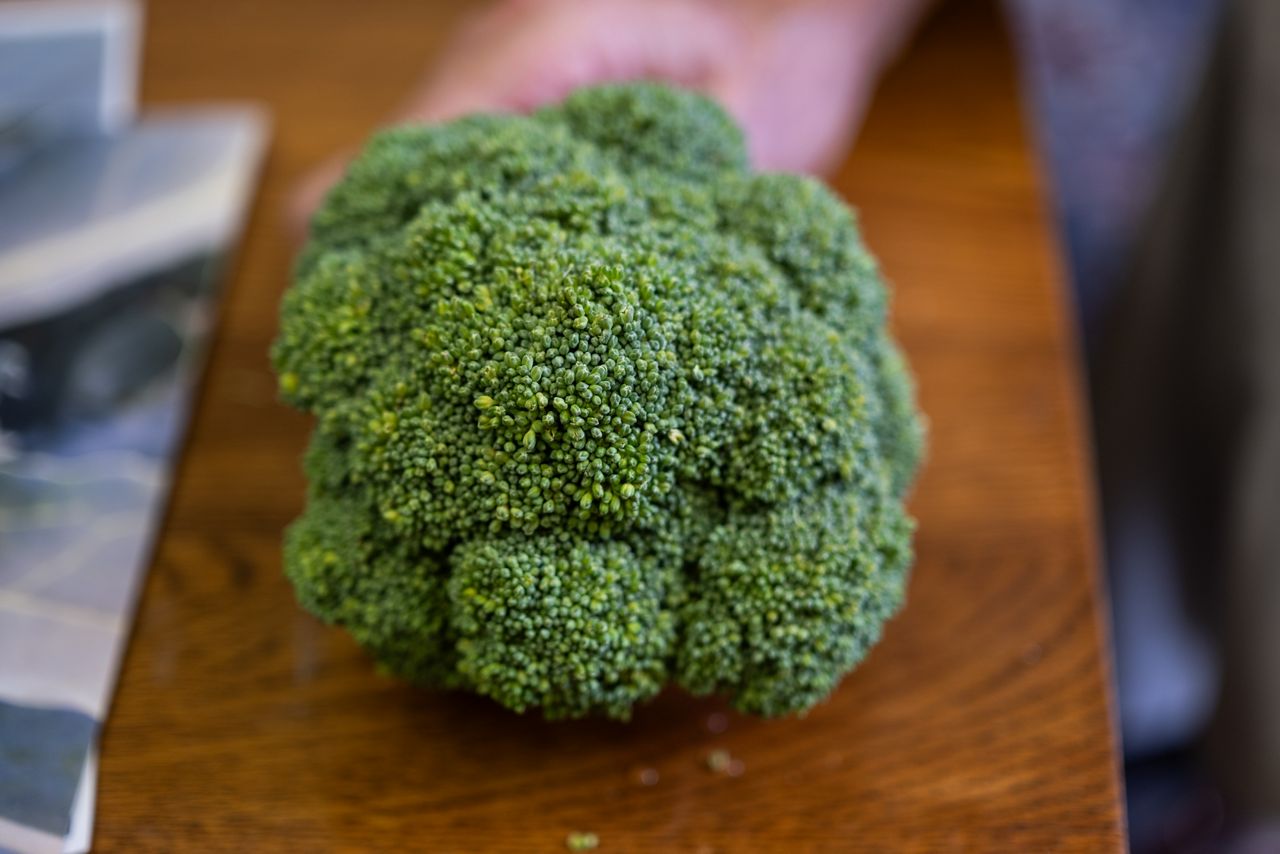
“We had people make crosses with some of the ones that don’t work in the California market, or the Spanish market, or the Dutch market, but might work here -- then we’ll plant them out and see how they perform,” he said.
Until this variety was created, producing large amounts of broccoli on the East Coast was too expensive, Björkman said. It costs approximately $5,000 per acre to produce the vegetable.
“Not a lot of farmers can stand to lose that because they had a couple of hot nights,” he said. “It’s a big money crop.”
Jan van der Heide, the Northeast market manager for Bejo Seeds, a breeder of vegetable seeds for commercial farms, has distributed the variety and planted some of their own to see how it does this season.
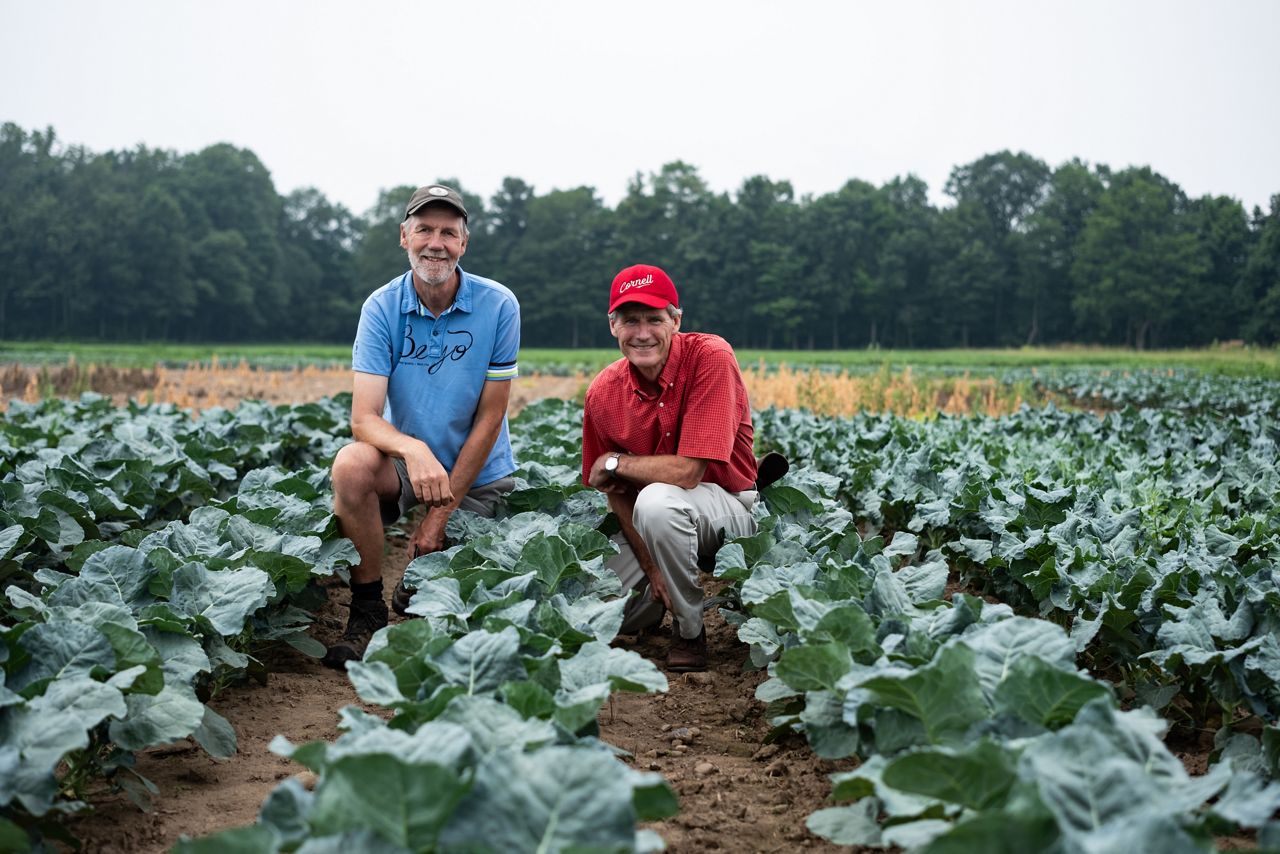
“As a seed company, we make certain investments in a breeding program, and then we have to decide which of the crosses that we make are going to be commercially acceptable and then we have to make decisions about how much seed to make,” van der Heide said.
The variety is currently in the experimental stages for Bejo Seeds, which is based in California, Holland and Geneva, van der Heide said.
“We can give growers not just 10 seeds, but we give them 100,000 seeds and say plant a couple of stripes, plant a couple of acres a couple of times throughout the season and give us some feedback,” van der Heide said.
Bejo Seeds has distributed the broccoli variety to commercial farms in New York, northern Maine, Virginia, Massachusetts, Connecticut, South Carolina, Georgia and Quebec, Canada.
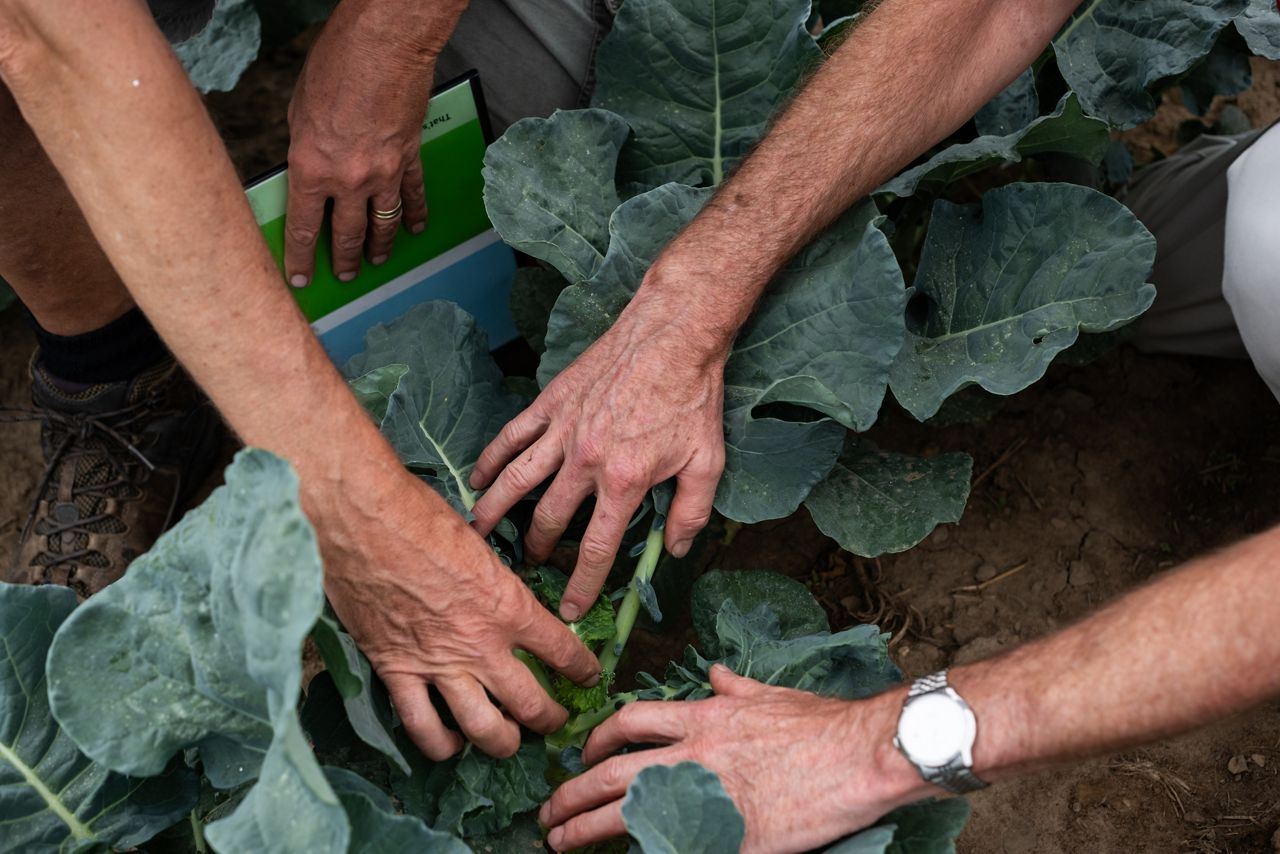
Van der Heide said so far, the results have been positive.
“New York has had some challenges with weather, but that’s the reason we spread it out. We want to expose it to as many different conditions as we possibly can to make sure it is as widely adapted as it needs to support an industry in the Northeast,” van der Heide said.
Broccoli grows quickly and fully matures in approximately 55 days, so Bejo Seeds will decide whether to go forward with the variety in the fall, van der Heide said.
“By September or October, we’ll have a very good idea of whether it’s working and that’s the point our company would decide if we’re going to go forward with it or not,” van der Heide said. “We’ve made two million seeds this last go around, so we will put a million seeds on the shelf for next year.”
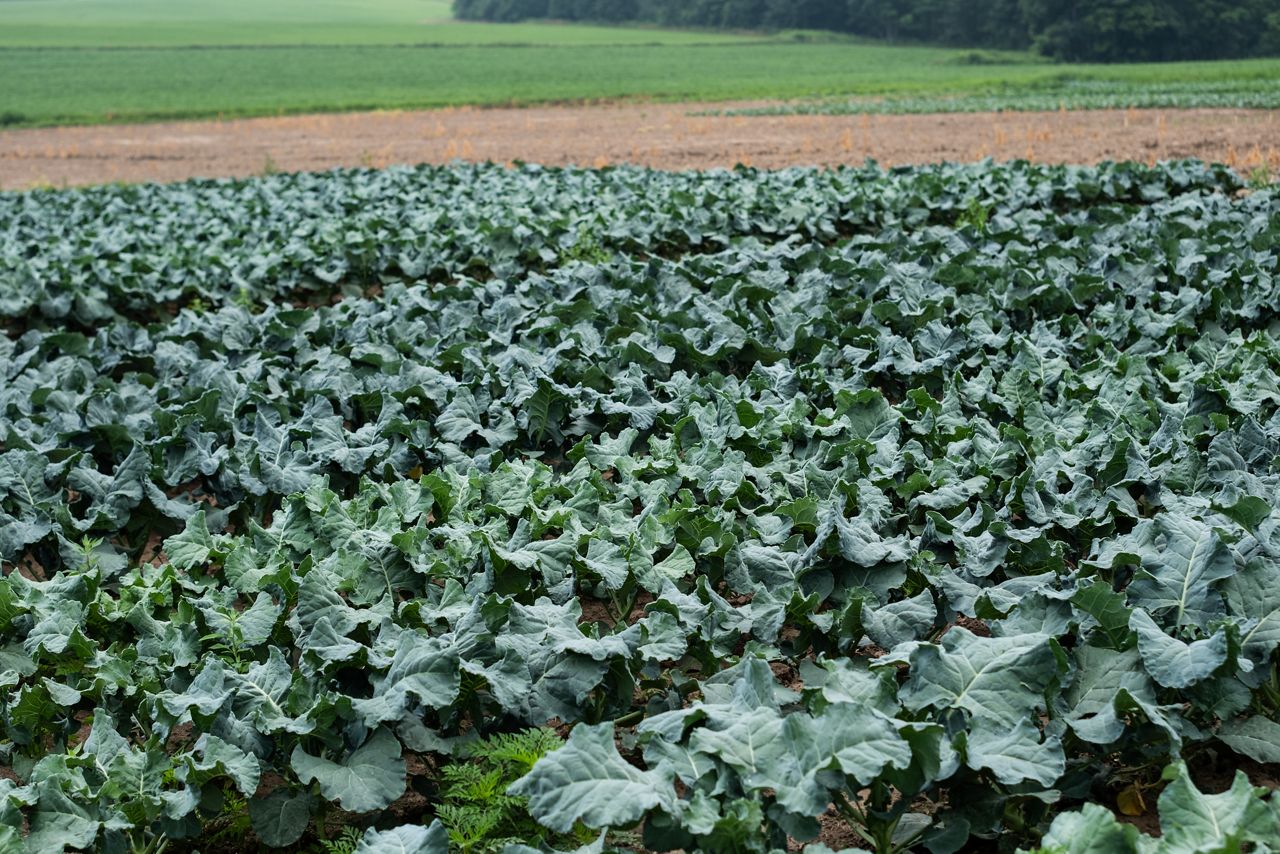
If broccoli can become more widely grown on the East Coast, it would eliminate the need for it to come from California, van der Heide said.
“We’re reliant pretty much on California for a lot of broccoli and California has its problems too, so if we can do more on the East Coast, maybe we can enjoy broccoli a little bit without having to worry about it coming so far,” he said.



